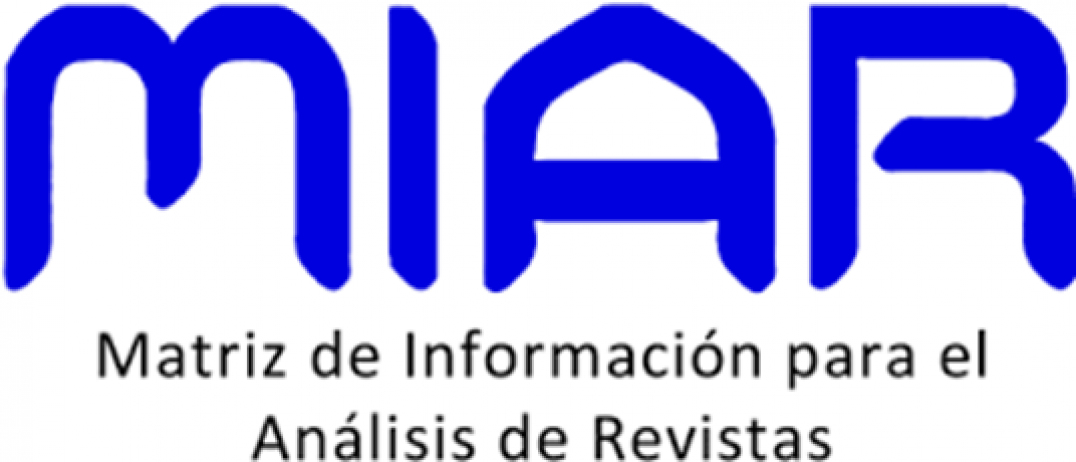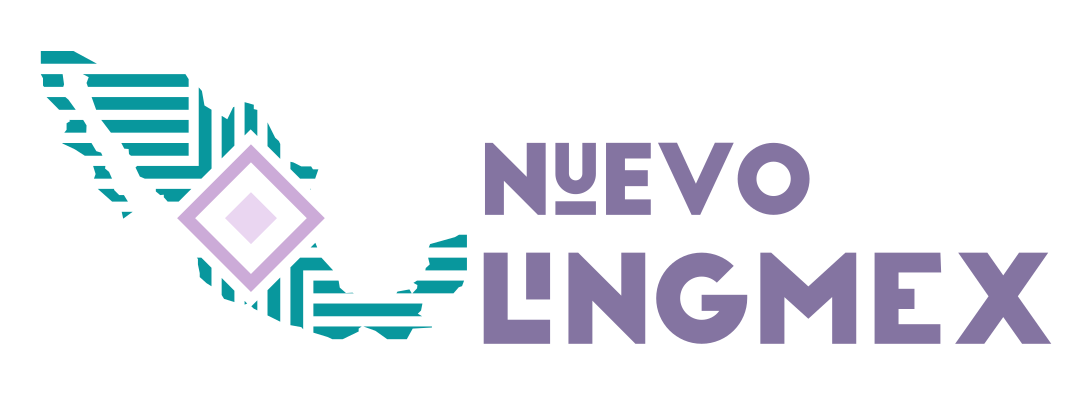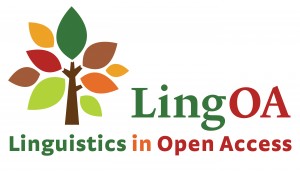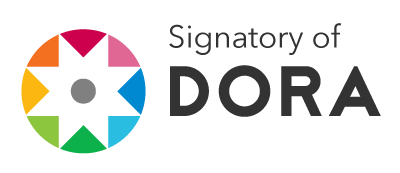Buea, metropole Anglophone au cœur de la «crise anglophone» : tentative de description d’un foyer linguistique en (re) construction
DOI:
https://doi.org/10.32870/vel.vi21.192Parole chiave:
langues, cultures, anglophone, francophone, pidgin-englishAbstract
Un essai de représentation de l’espace social de Buéa, une métropole camerounaise située en zone anglophone et en proie à une crise sociopolitique dite « anglophone », fait l’objet de cette étude. Celle-ci repose sur la vérification du précepte selon lequel l’État est un monstre glottophage qui décide du destin des langues sur son terroir. Pourtant, l’exemple de Buéa se révèle être un cas atypique où c’est plutôt le pidgin-english, une langue batârdisée, vilipendée et même traquée par l’État qui dame le pion aux langues officielles(le français et l’anglais) d’origines étrangères qui bénéficient pourtant de toutes sortes de faveurs et de prestiges octroyés par l’État. L’étude montre également que le contexte linguistique actuel de Buea évolue constamment, favorisant, comme c’est du reste le cas avec les autres langues endogènes, la régression du bakweri, langue des autochtones et occupants premiers de cette ville. Heureusement que le pidgin-english, langue de ralliement, de décolonisation linguistique et d’intégration est là pour laver cet affront subi par les langues identitaires. Elle va même jusqu’à assumer la fonction de « langue tampon » entre le français et l’anglais à Buéa apaisant les tensions nées de l’exécration des locuteurs anglophones envers le français au début de la « crise anglophone » au Cameroun. Pour ces raisons et bien d’autres encore, le pidgin-english tout comme sa jumelle hybride le Mboa (camfranglais) en zone francophone méritent plus d’égard de la part du garant de la politique linguistique du pays.
Downloads
Metriche
Riferimenti bibliografici
Alobwede, C. D’epie, (1998). Banning pidgin-english in Cameroon. English today, 14: 1-54-60.
Ayafor, M. (2005). Is pidgin facing death or gaining ground in Cameroon. A paper presented at the international conference on language, literature and identity, Yaoundé.
Bitja’a Kody, D. Z. (2004). La Dynamique des langues camerounaises en contact avec le français : Approche macrosociolinguitistique. [Thèse de doctorat 3eme cycle]. Université de Yaoundé I.
Bitjaa Kody, Z. D. (2001). Émergence et survie des langues nationales au Cameroun. TRANS. Internet-Zeitschrift für Kulturwissenschaften.No. 11/2001. http://www.inst.at/trans/11Nr/kody11.htm.
Bulot, T. (2004). Les parlers jeunes et mémoire sociolinguistique. Questionnement de l’urbanité langagière. Cahiers de sociolinguistique, 9 : 133-147.
Calvet, J. L. (1994).Les voix de la ville. Introduction à la sociolinguistique. Payot.
Calvet, L. J., (2011). Les voix de la ville, Introduction à la sociolinguistique urbaine. Payot.
Ebongue, A. E. (2014).Usages et distributions des langues dans la chanson camerounaise.Synergies Afrique des Grands Lacs. n° 4 : 23-39.
Echu, G. (2004). The Language Question in Cameroon. Linguistik Online, 18(1). https://doi.org/10.13092/lo.18.765
Giacalone, Ramat, A. (1983).Language shift and language death : a view of Nancy C. Dorian Language death and Susan Gal, Language shift. Folialinguistic. XVII/1. Mouton: 495-508.
Labov, W. (1976), La Sociolinguistique. Minuit. Traduit de l’anglais par Alain Kihm. Collection Le Sens Commun.
Lafage, S. (2004). Le Lexique français de Côte d’Ivoire : appropriation et créativité. DansLe Français en Afrique. CNRS (Institut de la linguistique française). n°16-17. vol 2.pp 39-60.
Makouta Mboukou, J. P. (1973). Le Français en Afrique noire. Bordas.
Mbondji-Mouelle, M. M. (2012). Plurilinguisme et partenariat linguistique en didactique du français langue seconde (FLS) au Cameroun. Syllabus Review, 3 (1) : 127-152.
Nzessé, L. (2005).Politique linguistique et éducative au Cameroun et insécurité de la langue français. Francophonia. Universidad de CadizEspana, n°014 : 173-187.
Pandji Kawe G. R., (2011).Usages militants du pidgin-english au Cameroun : forces et faiblesses d’un prescriptivisme identitaire. Arborescences : revue d’études françaises, Numéro 1 : mars 2011. http://id.erudit.org/iderudit/1001946arDOI : 10.7202/1001946ar.
PASEC (2016). Performance du système éducatif camerounais. Compétences et facteurs de réussite au primaire. COFEMEN.
Piebop G. M. C. (2016). Les variétés du camfranglais parlées en zone anglophone au Cameroun : le cas de la ville de Buéa. Études contrastives, didactique et langues en contact - Enquêtes, pratiques linguistiques et modèles didactiques en Afrique. Presses Académiques Francophones : 55-79.
Piebop, G. M. C. (2018). Langues nationales camerounaises et insécurité linguistique. L’Insécurité linguistique dans les communautés anglophone et francophone du Cameroun. L’Harmattan : 333-356.
Piebop, G. M. C. (2019). Problématique des parlers hybrides à l’heure de l’enseignement des langues maternelles au Cameroun. Revue des Lettres et Sciences Sociales. Vol. 16. N°3 : 243-261.
Piebop, G. M. C., (2015a). Vers un Pidgin-English jeune en zone anglophone du Cameroun ? Corela. Disponible sur : http://corela.revues.org/4132 ; DOI : 10.4000/corela.4132.
Piebop, G. M. C. (2015b). Réticences des camerounais de culture anglophone à l’apprentissage du français. L’Enseignement du français en zone anglophone au Cameroun. Miraclaire Academic publication, in association with Ken scholars publishingsRaytown : 143-164.
Piebop, G. M. C. (2020). Commission nationale pour la promotion du bilinguisme et du multiculturalisme au Cameroun : un dérivatif ou une aubaine ? Mashamba, revue de linguistique, littérature et didactique en Afrique des grands lacs. 1, (1). Disponible sur https://www.revues.scientifiques.org/mashamba/texte/piebop2020/
Sala, B. M. (2009). Writing in Cameroon Pidgin-english : begging the question. English Today.Issue 02. Volume 25: 11 – 17.
Simonin, J. (2008). Les Mots de l’urbain réunionnais. Cahiers de sociolinguistiquen° 13 : 73-91.
Tabi Manga, J. (2000).Les politiques linguistiques du Cameroun : essai d’aménagement linguistique. Karthala.
Tadadjeu, M., (s/dir.) (1990).Le Défi de Babel au Cameroun.No 53. Collection PROPELCA.Université de Yaoundé.
Tood, Loreto, (1983). Language option for education in multilingual society: Cameroon. Dans KENNEDY, Chris (ed), Language planning and language education.(pp 160-171). London.
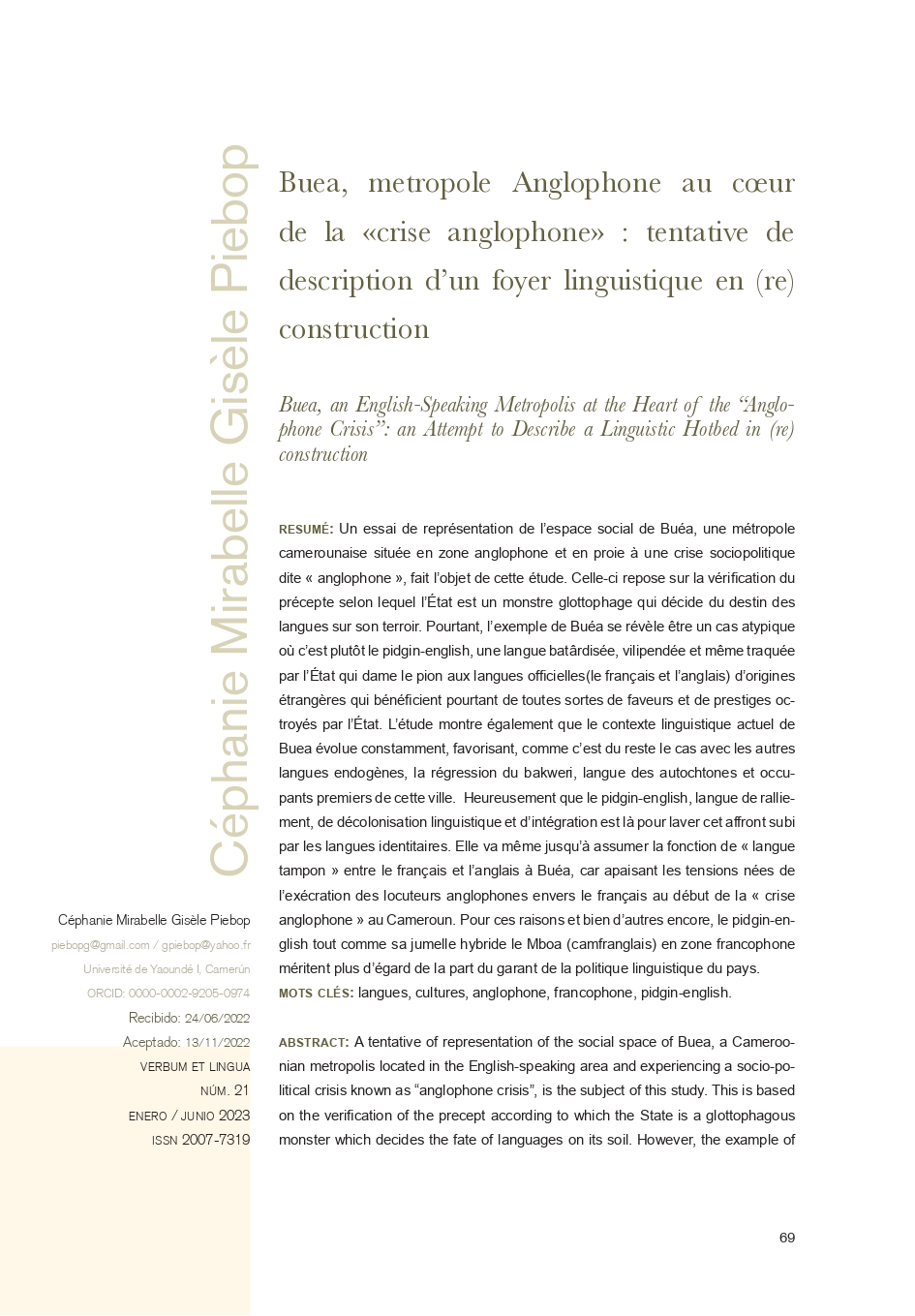
Pubblicato
Versioni
- 2024-08-30 (2)
- 2022-12-01 (1)






